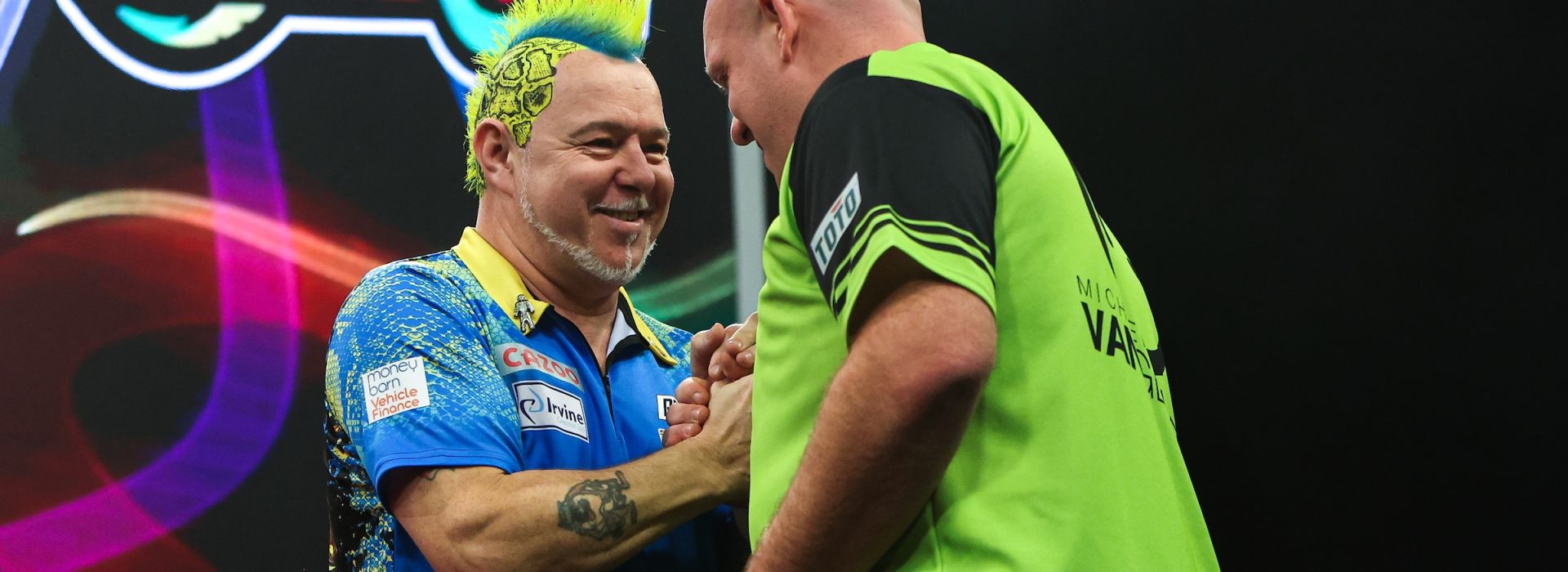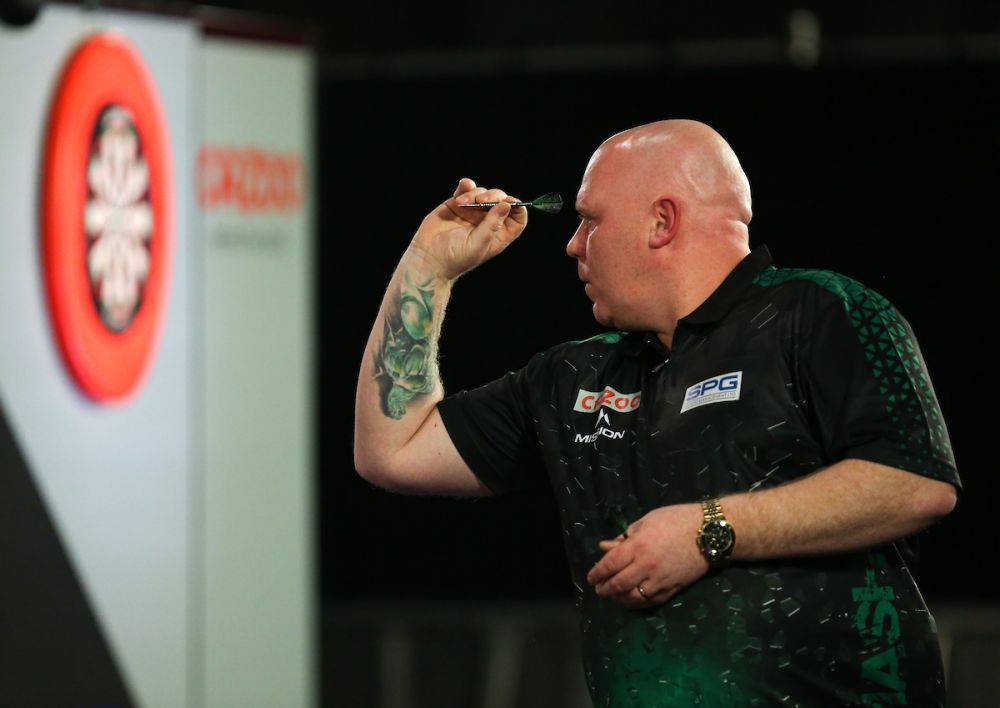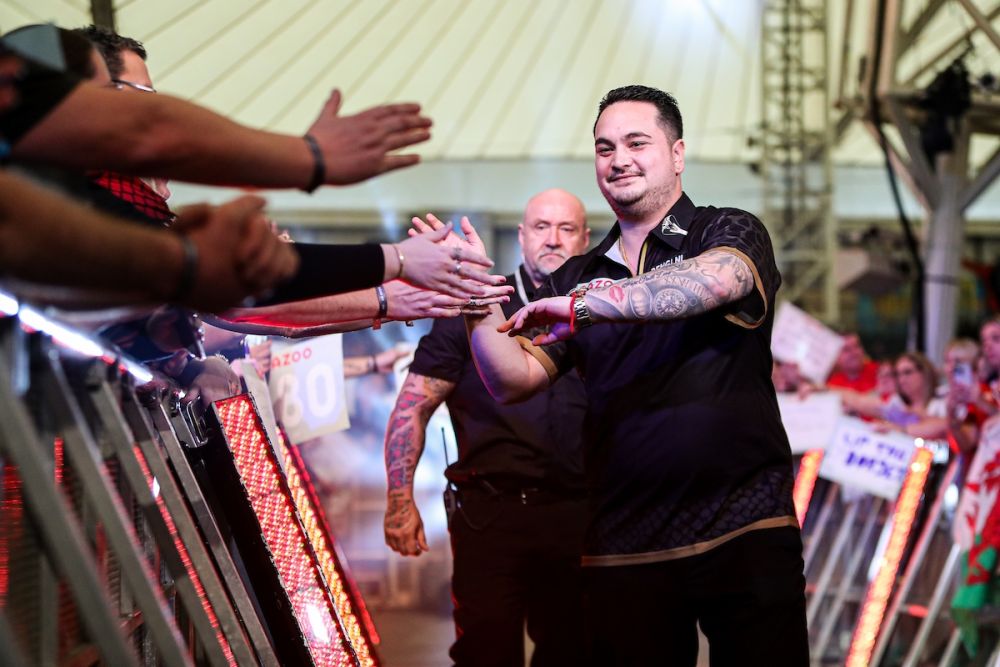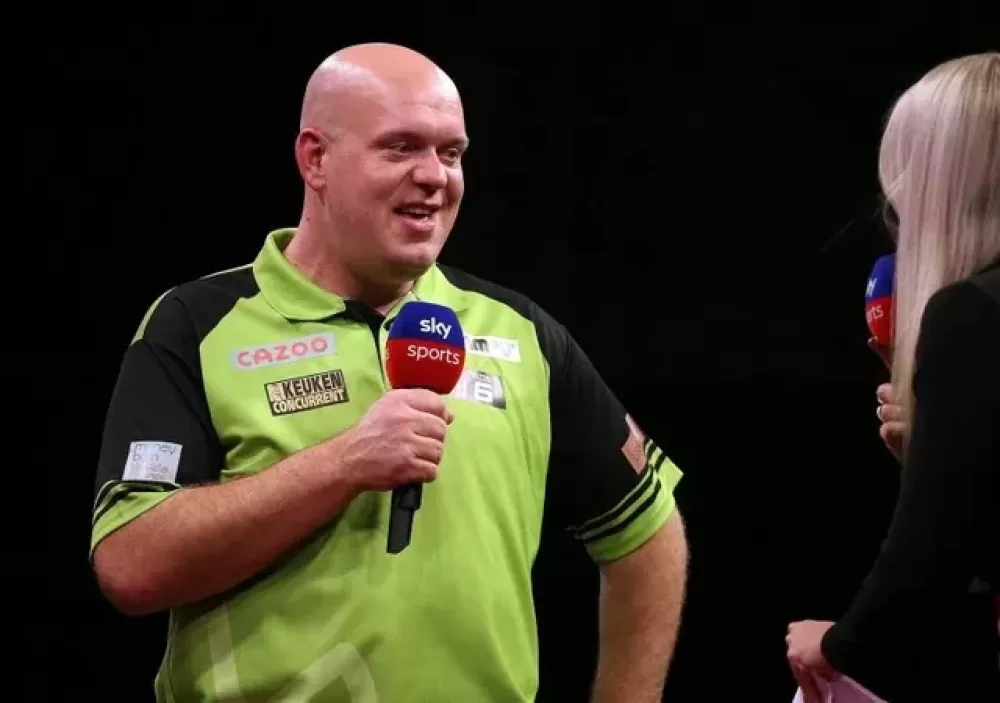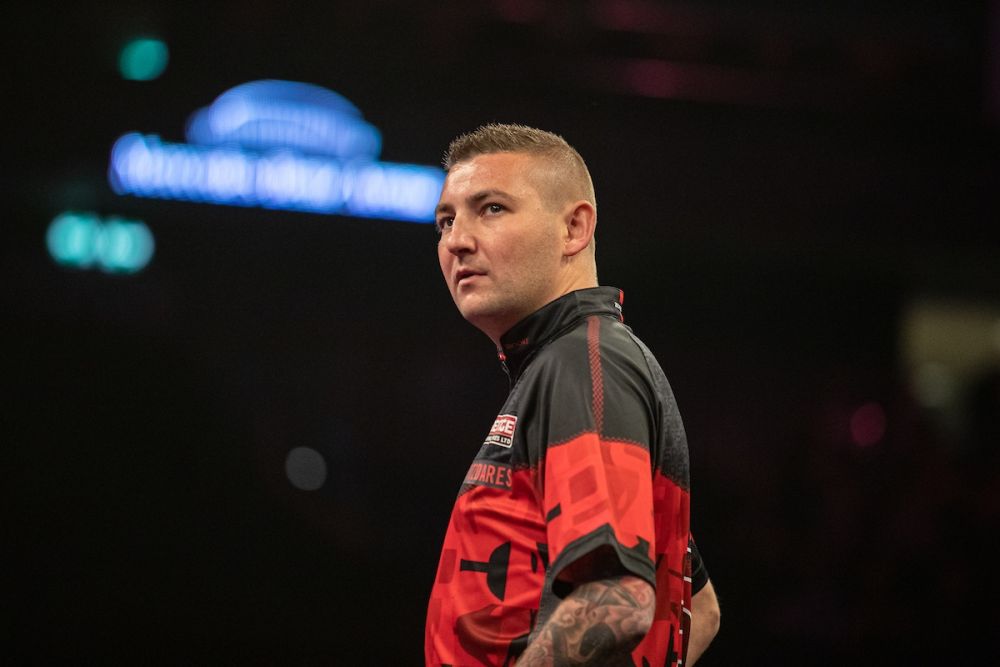One-to-One Counselling & Therapy
Sporting Chance offers a national network of counsellors/therapists; all members of this network have been vetted with regards to qualifications, discipline, insurance, and suitability. The service is accessed by telephoning a central number or emailing a discreet address. The individual will be offered an informal guiding assessment as to the purpose of their call and the appropriate services we can offer in their area.
In most cases services will be offered within a geographical hour of the caller’s base and initial contact with the provider (Counsellor / Therapist) made within 24 hours. Presentations to this area include, Depression, Anxiety, Alcohol & Drug Use, Gambling, Bereavement and Transition Difficulties.
We recommend a model that follows ‘Nice’ guidelines an initial cluster of six sessions being offered. In seventy percent of cases this is ample to support an individual in to a place of self-care and an on-going solution. Some will not need all six and some will fail to take up their appointments. Of the other thirty percent we ask counsellors to request an additional cluster of six sessions with reasoning for our consideration.
It is rare that there is not good reason, and a request is not granted. Twelve sessions offer an individual, based on a weekly appointment, three months of counselling / therapy. We feel this is an excellent service offered by our current stakeholders to their members. We have a blanket fee that we pay on to network members.
Players can call themselves or be referred by you, the association. If a player chooses to come directly, we usually find a method of protecting their confidentiality. This is not a twenty-four-hour service, however we do work with a partner that can cover out-of-office hours if you wished to provide around the clock coverage.
In summary this is a low-cost way of offering access to a confidential service tailored to sports-participants needs.
